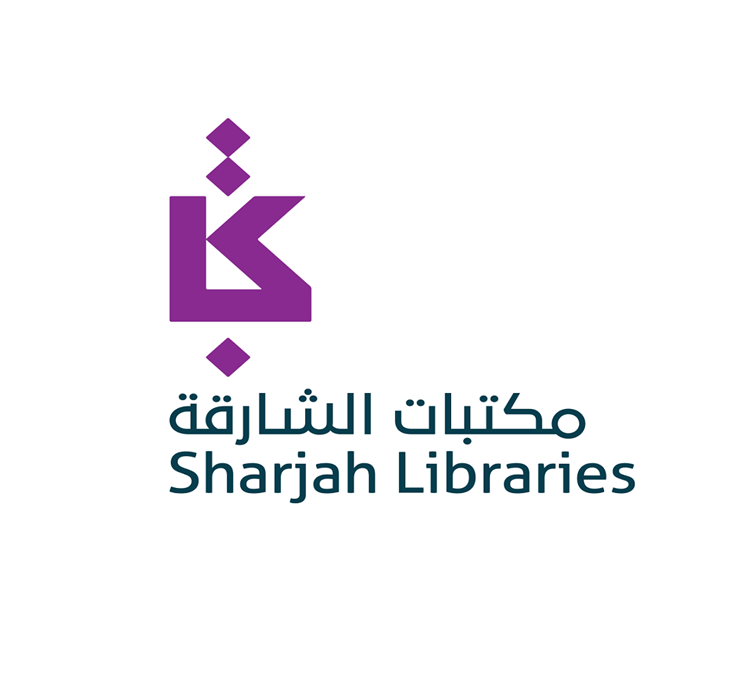SPL promotes cultural awareness on Int'l Mother Language Day
 Date: - Feb 23, 2023
Date: - Feb 23, 2023 
Do you know how many languages are spoken in the world? The answer may surprise you. With over 7,000 languages, our planet is a veritable treasure trove of linguistic diversity. Each language represents a unique way of understanding and expressing the world around us. That's why Sharjah Public Libraries (SPL) is celebrating International Mother Language Day, a day that highlights the importance of language in promoting cultural diversity and understanding. Observed every year on February 21 by the United Nations Educational, Scientific and Cultural Organisation (UNESCO), this day is a reminder of the need to preserve and promote the world's languages.
SPL recognises that language is not just a means of communication, but also a way of preserving traditional knowledge and culture. "We believe that language is an integral part of an individual's identity and is crucial for preserving cultural diversity. International Mother Language Day is a reminder of the importance of language in shaping personal identity, and we are committed to promoting education and cultural awareness on this day," said Eman Bushlaibi, Director of Sharjah Public Libraries, spokesperson from SPL.
Encouraging parents to talk to their children in their mother language, SPL hopes to contribute to the preservation of cultural identity and the promotion of multilingualism.
Here are 5 reasons why parents should talk to their children in their mother language:
Cultural Identity
In a multicultural and diverse world, having a strong sense of cultural identity can help individuals navigate different cultural contexts and communicate effectively with people from different backgrounds. By speaking to children in their mother language, parents are helping to promote a sense of pride and appreciation for their cultural heritage, which can lead to a greater sense of connection and understanding with people from different backgrounds.
Cognitive Development
Research has shown that being bilingual or multilingual can have a positive impact on cognitive development, particularly in terms of executive function skills such as attention, inhibition, and working memory. Bilingual individuals have been found to have better problem-solving skills and greater creativity, as they are more adept at navigating and processing multiple languages and cultural contexts. Moreover, being able to switch between languages has been shown to improve cognitive flexibility and the ability to focus attention.
Language Learning
Learning multiple languages from a young age can have significant benefits for children's language development and overall cognitive abilities. When children are exposed to multiple languages, their brains are stimulated and challenged to process and understand different linguistic structures, sounds, and rules. This early exposure can help children develop strong language skills and improve their ability to communicate with a wider range of people.
Family Bonds
Strong family bonds create a sense of cultural identity that are linked to positive outcomes for children, including higher self-esteem, better academic performance, and lower rates of mental health problems. Speaking in a shared mother language can help to strengthen family bonds and create a sense of unity, as it allows family members to communicate more effectively, share stories and experiences, and express themselves in a way that is deeply rooted in their cultural heritage.
Career Opportunities
In today's globalised world, being multilingual has become an increasingly valuable asset in the job market. Many companies operate across borders and have a diverse workforce, and therefore, the ability to speak multiple languages has become an essential requirement for many jobs. Being able to communicate in multiple languages is a valuable skill that can open doors to various job opportunities.



